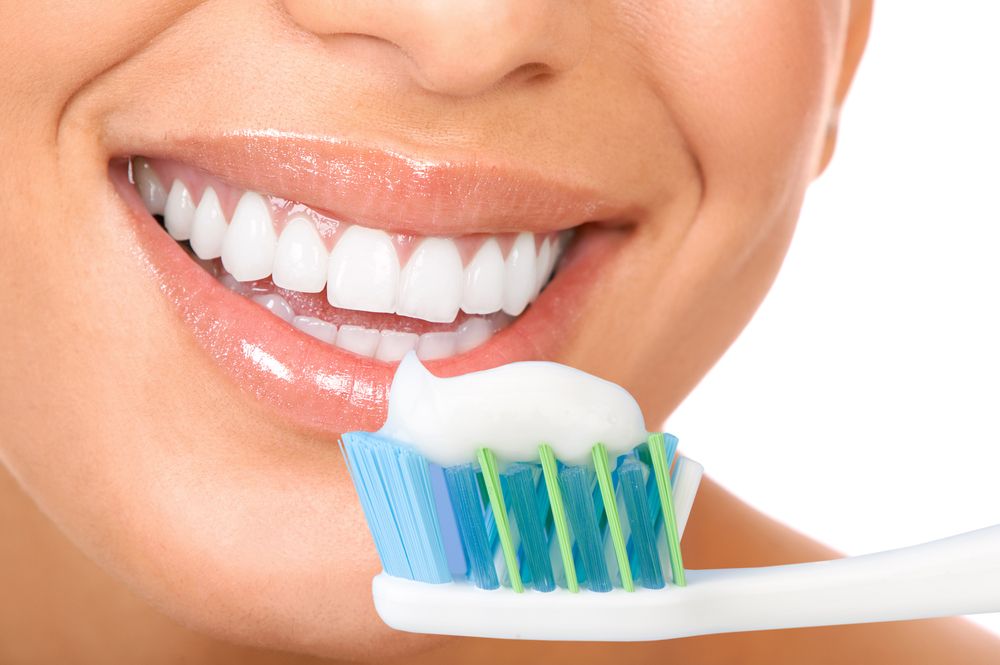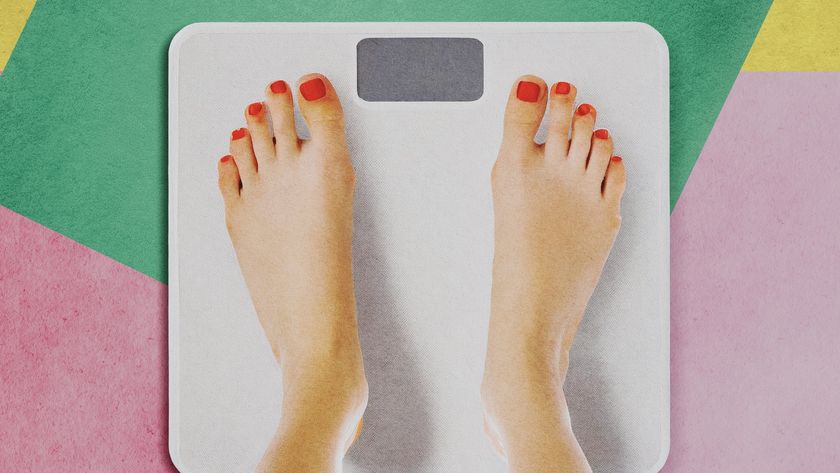Does Everyone Need Fluoride Toothpaste?

Each week, MyHealthNewsDaily asks the experts to answer questions about your health.
This week, we asked dentists: Does everyone need fluoride toothpaste? Their answers have been edited and condensed for space.
Dr. Paul Vankevich, assistant professor of general dentistry at Tufts School of Dental Medicine:
Commercially available toothpastes have many ingredients, each of which is added for a specific purpose. The addition of fluoride is intended to chemically strengthen the teeth, making them more resistant to the breakdown by acids, which leads to cavities.
In theory, all individuals who have their natural teeth may benefit from the fluoride found in toothpastes and mouth rinses. Fluoride inhibits the demineralization of tooth surfaces.
But not all individuals have the same need to use fluoridated toothpastes. If a person's teeth are naturally resistant, or in other words, their teeth already have high fluoride content, then that person may not need to use fluoridated toothpaste.
Individuals who experience early stages of decay, or who have cavities forming should be sure to have daily exposure to topical fluoride. The recommendation from dental healthcare professionals is to use toothpaste that has the ADA seal, since they are proven to be safe and effective.
Sign up for the Live Science daily newsletter now
Get the world’s most fascinating discoveries delivered straight to your inbox.
***
Dr. Carlos González-Cabezas, associate professor at the School of Dentistry, University of Michigan, Ann Arbor:
We know that fluoride is one of the most important, if not the most important reason for the decline of dental caries [cavities] in most parts of the world. One of the most important mechanisms of action for fluoride (but not the only one) is modulating the way the tooth surface absorbs and loses minerals.
Having a small amount of fluoride on the tooth helps to shift the balance so that more minerals are gained than lost. Getting fluoride to the surface of teeth can be accomplished in several ways, for example, drinking fluoridated water, brushing with fluoride toothpaste, using a fluoride mouthwash, receiving a fluoride treatment in the dental office, etc.
Frequently exposing teeth to low concentrations of fluoride would be the ideal situation, but that is not very practical. Toothpaste is more practical, because most people use it anyway.
We recommend all people to brush twice a day with fluoride toothpaste. Now, does everybody need it? No. Some people will have so little risk (e.g., they are getting enough fluoride from other sources, their diet is very low in fermentable carbohydrates, their dental plaque composition is not cariogenic enough) that theoretically they do not need it.
However, before fluoride, having dental caries was almost universal: more than 95 percent of people were affected by them.
***
Pamela Quinones, dental hygienist and president of the American Dental Hygienists' Association:
Generally, fluoride toothpastes are recommended for almost everyone.
Children and adults at high risk of dental decay may benefit from using additional fluoride products, including dietary supplements (for children who do not have adequate levels of fluoride in their drinking water), mouth rinses and professionally applied gels and varnishes.
The American Dental Hygienists’ Association considers fluoride toothpaste essential for optimal oral health. Fluoride works by stopping or even reversing the tooth decay process. It keeps the tooth enamel strong and solid by preventing the loss, and enhancing the re-attachment, of important minerals from the tooth enamel.
However, the Centers for Disease Control and Prevention recommends that the fluoride intake of children under age 6 be monitored, because those years are important for tooth development. Overuse of fluoride during this period can result in enamel fluorosis, a developmental condition of tooth enamel that may appear as white lines or spots on the teeth.
Parental monitoring of fluoride sources can reduce the occurrence of white spots while preventing early tooth decay. Children under age 6 should use only a pea-sized amount of fluoride toothpaste; parents should consult their child's doctor or dentist concerning use of fluoride toothpaste if the child is under age 2.
***
Luiz Pimenta, clinical professor and dental director of the Craniofacial Center at the University of North Carolina, Chapel Hill:
I think that fluoride is still needed. Fluoride has the effect of re-mineralizing teeth; dental caries (cavities) are a consequence of demineralization that goes on in the mouth.
During tooth decay, bacteria that are in the presence of sugar or any fermentable carbohydrate transform that carbohydrate into acid. We then have a biofilm called "plaque" creating acid in the mouth, and that acid is going to remove calcium from the tooth. That's the demineralization process that, as time passes, can cause cavities.
But the first sign of decay is not a cavity; it's a white spot lesion. In that stage, caries can be reversible. Yet most of the time, people are just waiting too long to come in and we [dentists] just see the cavity. The fluoride helps before we have the cavity.
There are several forms of topical fluoride. Fluoride-based toothpaste is one. There are also fluoride varnishes and rinses.
There are some concerns that fluoride, systemically, could cause some damage. But as with many other substances, if you know the right dose it could be beneficial. The American Pediatric Dental Association recommends is that parents should just use a smear – about the size of a grain of rice – for babies.
There are also standards since the 1950s for the amount of fluoride in the water. It must be between 0.7 and 1 part per million -- this is safe, so parents don't need to have any concern. Fluoride levels can be easily checked in any city water. And even if people drink well water, it's recommended that the family get a sample of that well water and ask the dentist to check. The safe methods to use fluoride are available everywhere we just need to use them.
There are new toothpastes being developed with bio-calcium as an alternative. The bio-calcium is based on casein, which is extracted from milk, and can be transferred into the tooth. This kind of toothpaste was initially developed in Australia, and there are new studies in publication now on those are alternatives. But the results are mainly in lab studies, they are not clinically proven yet. So we need to be careful about recommending them. Also, they are much more expensive than fluoride-based toothpastes.
***
Suman Challa, assistant professor in comprehensive dentistry in the Dental School at The University of Texas Health Science Center, San Antonio
I would strongly suggest that everyone use fluoridated toothpaste. There is conclusive evidence obtained over 65 years that fluoride is effective in strengthening tooth enamel and remineralizing tooth decay.
Tooth decay remains a serious problem in the United States. In children, tooth decay is five times more common than asthma.
But it is not just children who are impacted by tooth decay. You may have recently heard about Kyle Willis, a 24-year-old man from Ohio, who died from a dental infection related to untreated tooth decay. Fluoride is proven to help reduce decay, and is most effective when provided in small continuous doses.
This reduces bacteria and helps restore the enamel structure once it has been broken down by tooth decay.
***



